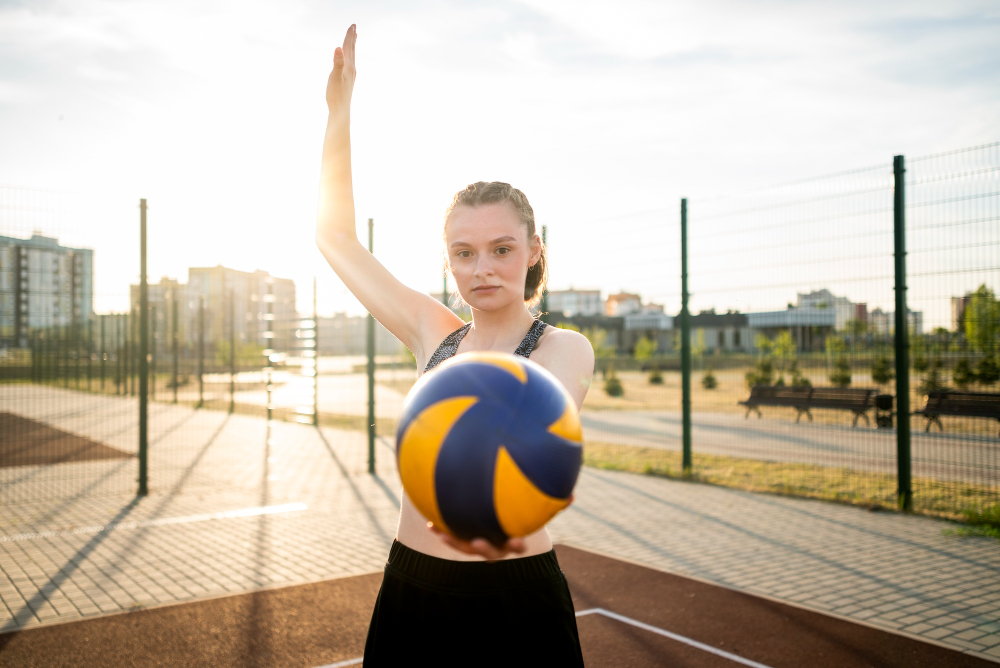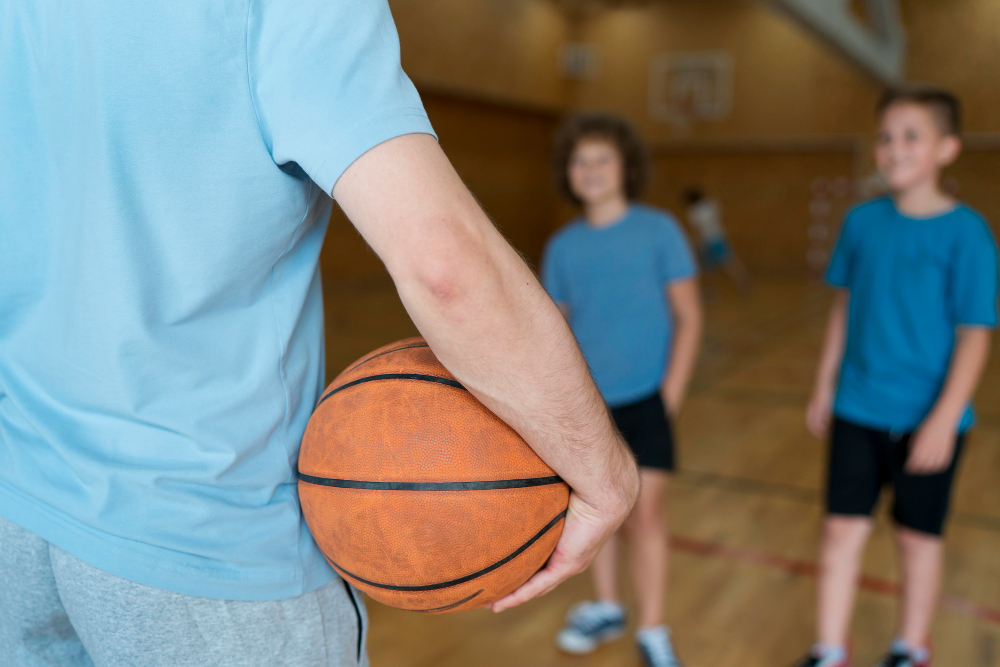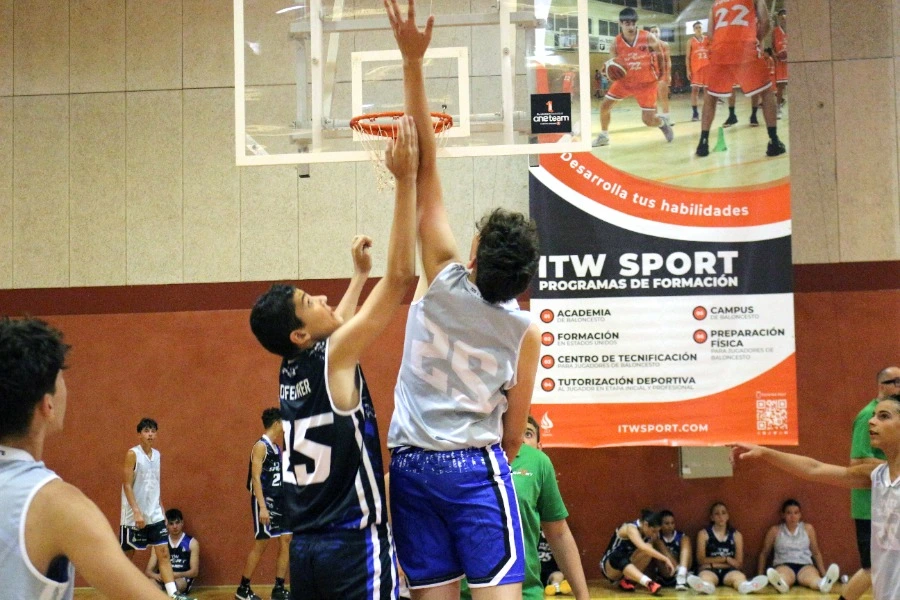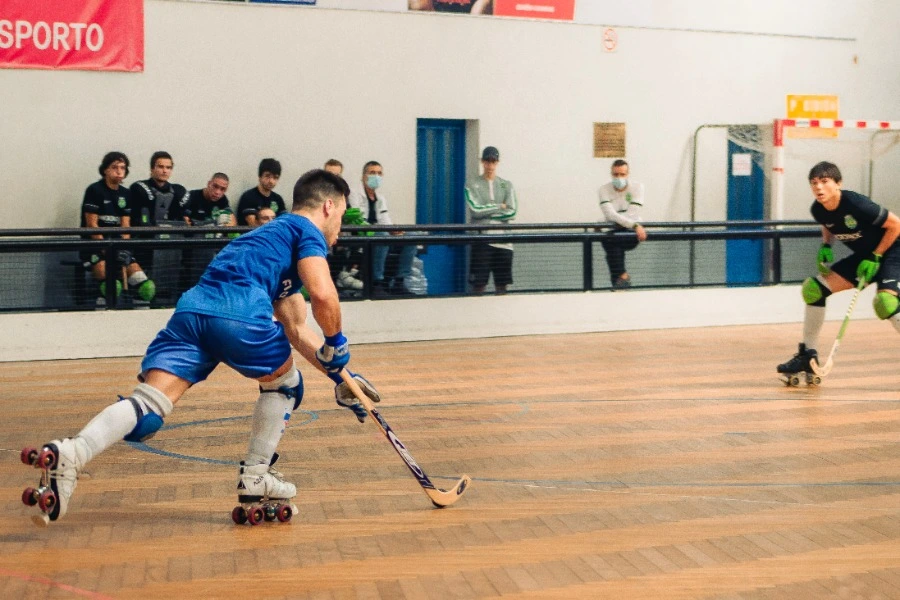Volleyball demands more than just technique. It requires precise physical preparation and a nutritional strategy designed to respond to the high-intensity demands specific to the sport.
Explosive jumps, short, repeated movements, and constant mental focus place the body under considerable stress. A volleyball player's diet is not just a supplement — it is the foundation that supports their performance.
The physiological demands of volleyball
Although it is a team sport, the metabolic impact is individual. The intermittent intensity — characteristic of the game — means that both anaerobic and aerobic systems are continuously active in short but demanding cycles.
A study conducted with professional players from the Spanish Super League, during 16 weeks of competitive-phase training, revealed that many athletes had an energy intake below the recommended levels for their physical activity. This deficit can compromise both performance and recovery, making it essential to ensure an adequate caloric intake.
Caloric Requirements for Volleyball Players
Each athlete is unique. The amount of energy a player should consume depends on multiple factors: their position on the court, weekly training load, stage of the competitive calendar, body composition, and of course, their sporting goals (muscle gain, maintenance, or cutting).
Carbohydrates
For a discipline that demands explosiveness and intense repetitions, carbohydrates should make up a significant portion of the diet. In general terms, it is recommended that around 40% of total caloric intake comes from this group, although the type of carbohydrate matters.
Priority should be given to the following sources:
- Tubers (potatoes, sweet potatoes)
- Oats and brown rice
- Legumes
- Fruits and vegetables
The goal is not only to replenish energy, but also to keep blood glucose levels stable during exertion.
Proteins
The muscular demands of volleyball result in constant micro-tears that must be repaired efficiently, meaning the recommended protein intake should make up around 30% of total caloric intake. Additionally, the timing of consumption is almost as important as the quantity.
Good sources of protein include:
- Eggs, fish, lean meats
- Natural dairy products
- Legumes (especially in plant-based diets)
Ideally, protein intake should start within 30 minutes after a match or training session. It is during this window that the body absorbs the nutrients needed for optimal recovery most effectively.
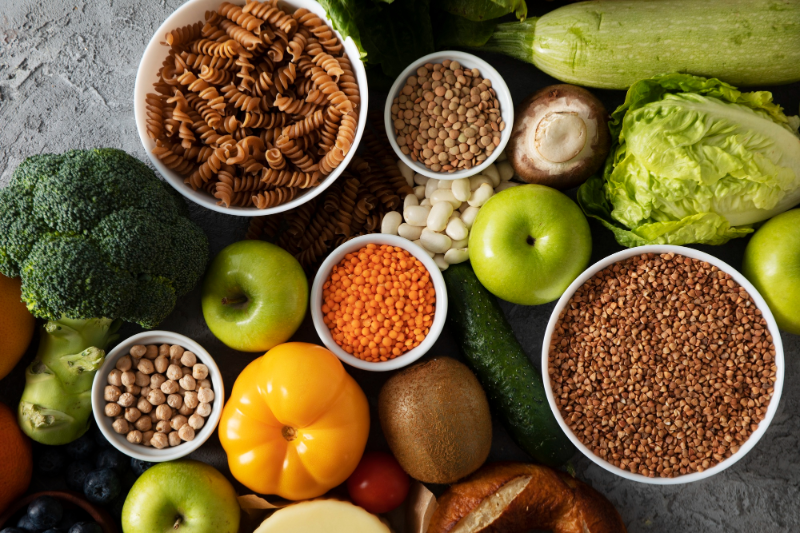
Healthy Fats
Quality fats are essential in a volleyball player's diet to sustain hormonal levels and ensure a prolonged energy supply. They also help absorb certain essential vitamins.
It is recommended that they make up around 30% of total intake, coming from:
- Raw vegetable oils (olive, flaxseed)
- Nuts and seeds
- Oily fish
- Avocado
Hydration
Dehydration directly affects cognitive function, reaction time, and neuromuscular coordination. In other words, it has a direct impact on performance.
Before competing: Drink between 400 and 600 ml of water 2 to 3 hours before the match.
During the match: Take small sips every 15-20 minutes. In hot climates or during extended sessions, include electrolytes.
After exertion: Rehydration should be gradual and based on the weight lost. If the match was intense, an isotonic drink can help speed up recovery.
Nutritional timing: when and what volleyball players should eat
| Timing | What to eat and drink | Practical example |
|---|---|---|
Before exertion (3-4 h) | Complex carbohydrates Moderate protein Low fat and fibre Good hydration | Brown rice with chicken breast + 1 banana + water |
During exertion | Quick-absorbing fruits Sports drinks if there is high demand | Half a banana or raisins + sips of isotonic drink |
After exertion (30-60 min) | High-quality proteins Simple carbohydrates Replenishment of fluids and electrolytes | Shake with milk, banana, and protein + a handful of nuts + isotonic drink |
Nutrition for High Performance at the ITW Sport Volleyball Summer Camp
We know that performance on the court depends not only on talent and technique. Habits such as good nutrition, rest, and hydration also directly impact performance.
At the Summer Volleyball Technical Training CampOur focus is on volleyball-specific training, with sessions designed to improve technique, decision making and fitness. In addition, we seek to raise awareness among athletes about the importance of taking care of all the aspects that impact on their development, including basic guidelines on sports nutritionand lifestyle.
Conclusion
A well-planned diet is part of training. For those who play competitive volleyball, this is not optional. The combination of available energy, sufficient protein, healthy fats, and strategic hydration can make the difference between just any other match and a whole season at the highest level.

